It might not be like other asked questions in stackoverflow. In this problem, it works fine, but in one case, it returns wrong answer. I'm trying to solve the logical issue of this program.
I wrote a program to calculate the sum of this:
x, n, a would be entered by the user:
Here is my program:
#include <iostream>
long long int unsigned fact (long long unsigned int a);
long long int unsigned comb (long long unsigned int n, long long unsigned int r);
long long unsigned intpower (long long unsigned int a, long long unsigned int n);
using namespace std;
int main()
{
int n;
long long unsigned int x, a;
cin >> a >> x >> n;
long long unsigned int sum = 0;
for (int i = 0; i <= n; i++) {
sum += comb(n, i)*intpower(x, i)*intpower(a, (n-i));
}
cout << sum;
return 0;
}
// Calculates Factorial
long long int unsigned fact (long long unsigned int a) {
long long int unsigned p = 1;
for (long long unsigned int i = 1; i <= a; i++) {
p *= i;
}
return p;
}
// Calculates the combination
long long int unsigned comb (long long unsigned int n, long long unsigned int r) {
return (fact(n)/fact(r)/fact(n-r));
}
long long unsigned intpower (long long unsigned int a, long long unsigned int n){
long long unsigned int p = 1;
for (long long unsigned int i = 1; i <=n ; i++){
p *= a;
}
return p;
}
But in one case, my program returns wrong answer. Here's the test done my a website that verifies the written programs for problems:
Do you guys have any idea why I got wrong answer in one test? The thing is I don't know what numbers would be entered in test 1, but there should be a logical issue that it gives wrong answer in one case.
Kind regards.


